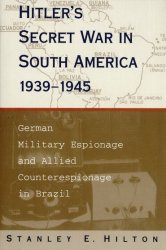Adam Wodeham (c. 1295-1358) Franciscan theologian and associate of William Ockham at Oxford where he is known to have been studying by 1320, and where he likely remained at least through the 1330s, and possibly until his death. He began as a student of Walter Chatton, with whom he famously disagreed throughout his philosophical career. While Wodeham was known as the foremost expositor of Ockham’s thought following the latter’s departure from Oxford in 1324, he disagreed with his master on several critical points, particularly in epistemic questions and in matters regarding the Trinity and Eucharist. Wodeham lectured on the Sentences in Norwich, in London, (scholars continue to disagree regarding the dating of these two sets of lectures) and finally in Oxford in 1334. The set known as the Norwich lectures, entitled Lectura secunda, are the only widely available Sentence commentaries, having been published in 1990. The Oxford lectures, which contain references to many of the views of his contemporaries, as well as a rich offering of his philosophical theology, remain unpublished. In addition, Wodeham’s Tractatus de indivisibilibus, a compendium of arguments against spatiotemporal atomism then at issue in Oxford, remains, while his commentaries on the Cantica canticorum and Ecclesiasticus, Postilla de Sacramento eucharistiae, and several other works appear to have been lost. Wodeham’s reputation as a philosophical theologian remained considerable into the sixteenth century, when John Mair published Henry Totting of Oyta’s abbreviated account of Wodeham’s Oxford lectures. His postulation of the complex significable as the object of knowledge remains an important philosophical innovation, arguably prescient of contemporary understanding of States of Affairs.




 World History
World History









